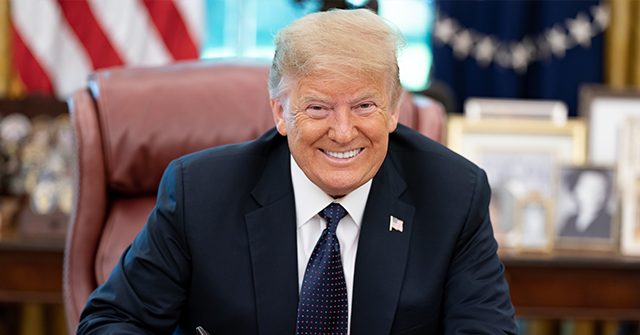A recent survey by The Economist and YouGov reveals a shift in voters’ expectations regarding the upcoming election, indicating increasing optimism among Republicans and independents for Donald Trump, while Democrats show slight waning confidence in Kamala Harris. Currently, 38% of voters forecast a Trump victory compared to 35% for Harris. This marks a notable change from a month ago, when predictions favored Harris 40% to 35%. The trend toward Trump’s growing support also reflects a strengthening sentiment among Republican voters, with 78% now confident in his chances, up from 73% a month prior. In contrast, Democratic optimism is on the decline, as 74% of Democrats still predict a Harris win, down from previous months.
The enthusiasm level among supporters also varies significantly between the two candidates. A majority of Trump’s supporters, approximately 76%, indicate they are voting for him, forging a stronger positive sentiment. In comparison, Harris has only 67% of her supporters voting for her, with a notable 30% expressing their vote as an opposition to Trump instead. This dichotomy provides insight into the underlying motivations of voter support, with Trump’s backing rooted in a more favorable perception while Harris’s hinges on aversion to her opponent. Such dynamics could prove pivotal as the election approaches.
Independent voters, a crucial demographic, have shown a marked inclination toward Trump, with 35% anticipating his win against 24% for Harris. This contrasts sharply from a month ago, where the two candidates were nearly tied at 32% vs. 31%. The decline in support for Harris among independents signals the end of a previous trend that had buoyed her prospects. This shift could reflect broader sentiments about effectiveness and the direction of the administration, as perceptions can easily sway undecided voters.
In addition to their electoral predictions, shifts in financial confidence among Republicans also highlight growing optimism for Trump’s supporters regarding personal finances. The number of Republican voters anticipating improved financial situations in the coming year rose from 17% to 25%. Nonetheless, Democrats still lead on overall economic optimism, with 42% believing they will be better off compared to last month’s 44%. Similarly, views on the economy as a whole appear less favorable among Republicans, with nearly two-thirds seeing it as deteriorating, although a slight increase in those believing in potential improvement is noteworthy.
Highlighting partisan differences in economic outlooks, the survey inquiries about inflation expectations have also turned distinctly ideological. A decline was noted in the percentage of Democrats who expect inflation to decrease, dropping from 43% to 33%, as Republican expectations of lower inflation rose slightly from 16% to 19%. With economic issues being central to voter sentiment, these perceptions could shape the electoral landscape profoundly, as each party attempts to validate their candidate’s position on economic management.
Harris faces the daunting challenge of counteracting public dissatisfaction with the current state of the country and the economy under the Biden administration. The survey reveals that 51% of voters believe the country is worse off compared to four years ago, an alarming statistic for any incumbent party. Especially among independents, the perception leans heavily negative, with 55% agreeing that conditions have declined. Furthermore, nearly half of respondents feel personally worse off than they were four years ago. This prevailing sentiment indicates a tough road ahead in maintaining support and suggests that the incumbent party’s nominee could be navigating treacherous waters in the lead-up to the election.

